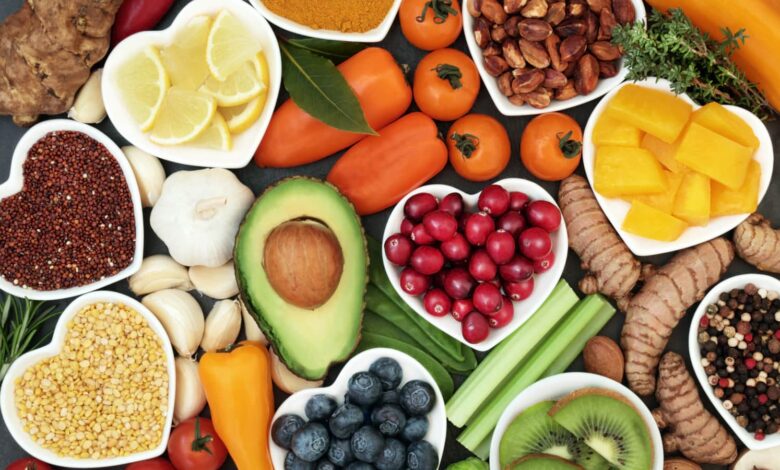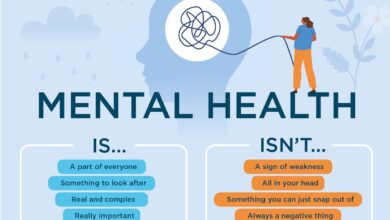Debunking Commonly Misunderstood ‘Healthy’ Foods

Food choices can be hard to make. It’s not easy to find a good balance between how easy something is to make and how healthy it is, especially when there are so many less-than-ideal options in grocery stores.
Most of the time, it’s best to make your own meals with fresh, unprocessed foods. Don’t let labels like “low fat,” “organic,” or “fresh” fool you. Always check out these claims.
To help you get to your best health, here are some foods you might want to think twice about before calling them healthy.
1. Surprisingly, not all salads are healthy. Vegetables can lose their health benefits when they are covered in creamy, sugary, or fat-filled dressings. In addition, salads that are predominately made with vegetables that are high in water content, such as cucumbers and iceberg lettuce, have very little nutritional value. Instead, opt for dark leafy greens like spinach or kale for a nutrient-dense salad base.
2. You might know that soda is bad for you, but did you know that fruit juice can be just as bad? If you think you can replace fruit with fruit juice and get all the same benefits, you’re wrong. It is mostly sugar and doesn’t have the fiber or other important nutrients that whole fruits do.
Most store-bought fruit juices have very little real fruit in them and are mostly made of chemicals that taste like fruit. Even though there are options available for 100% fruit juice, this type of juice cannot compete with the health benefits that come from eating whole fruits.
3. Turkey is generally considered a healthy meat option, but not all turkey products are created equal. Turkey slices that have already been pre-packaged may have high levels of sodium. When purchasing turkey slices, be aware of the amount of sodium that they contain. If you want a healthier alternative, roasting your own turkey is a better option.
4. Opting for a veggie patty instead of ground beef may seem like a healthier choice, but it’s not always the case. Processed veggie patties often contain numerous additives to mimic the texture of beef. If you’re looking for a truly healthy veggie burger, consider making your own with wholesome, recognizable ingredients.
5. Gluten-free might be in vogue, but it’s not always a healthier choice. Gluten-free processed foods often contain just as many unhealthy ingredients as their gluten-containing counterparts. Unless you have celiac disease or gluten intolerance, there’s no need to specifically seek out gluten-free products. If you want to avoid gluten, choose foods that don’t contain it by nature.
6. Choosing a muffin over a doughnut or cinnamon bun may seem like a healthier choice, but this isn’t always true. Most muffins have a lot of sugar and fat, which makes them just as bad for you. This includes bran muffins, which, despite the fact that they contain bran, are frequently loaded with sugar and fats that aren’t good for you.
It’s tough to follow what’s good for you and what’s bad. The best way to steer clear of anything harmful to the body is to stay away from packaged food options.
This is not to say all packaged foods can cause you harm, and you can’t ignore the convenience they bring, including protection against contamination. But some, especially those marketed towards children, are full of sugars and devoid of any added nutrients.
Did you know that highly processed foods, like some breakfast cereals, snack bars, frozen meals, and almost all prepackaged sweets, have been linked to mental health problems like anxiety, depression, and cognitive decline? About 60% of the calories in the average American diet come from foods that have been heavily processed!
So if you’re someone who heavily relies on packaged food options, it’s time to make a change, starting today.
For more information, visit Canadian pharmacy



